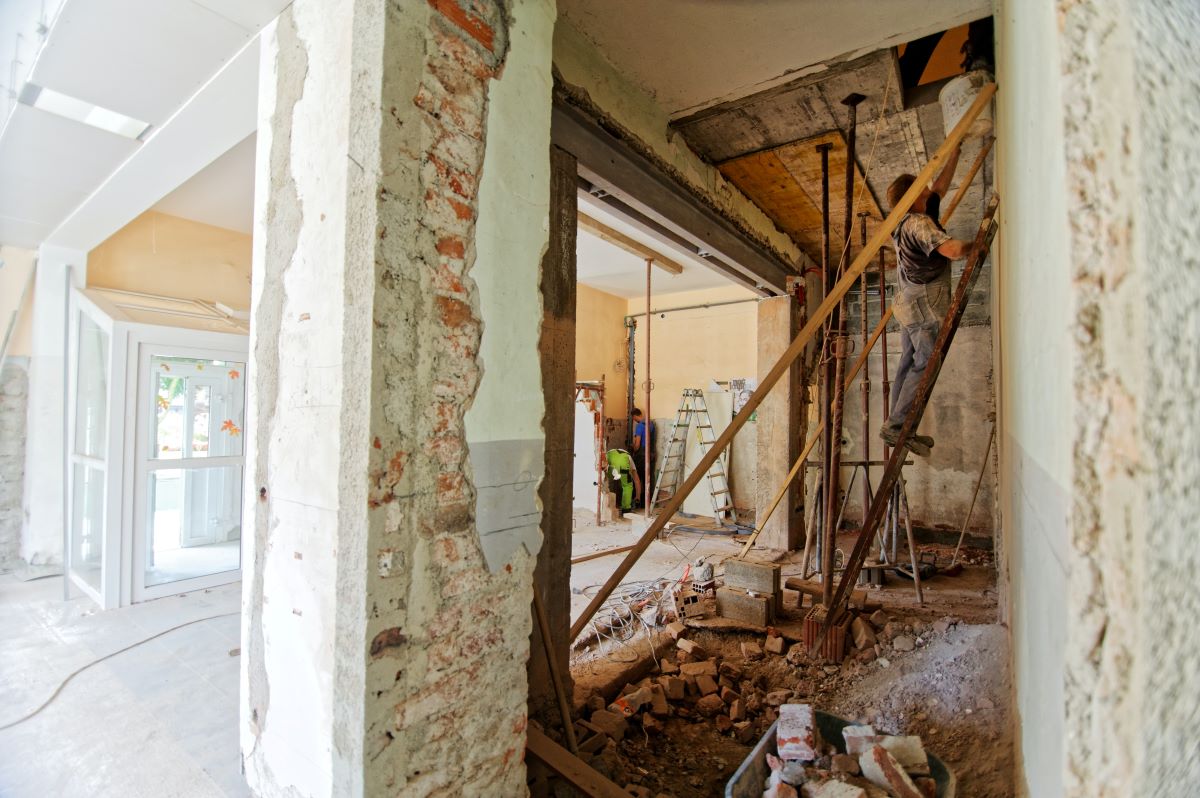

Agent A-Team or Solo Superhero? Finding the Right Real Estate Partner for Your Selling Journey in Wildwood Florida
When it comes to selling your home in Wildwood, Florida,…
January 29, 2024
If you’re planning to renovate your home, it’s important to start with a home inspection. A home inspection can help identify any potential problems that could affect your renovation plans, and ensure that your home is safe and structurally sound. However, if you’ve never had a home inspection before, you might not know what to expect. In this comprehensive guide, we’ll walk you through everything you need to know about handling a home inspection before renovating.
Before we dive into the details of how to handle a home inspection before renovating, it’s important to understand why it’s so important in the first place. There are several reasons why a home inspection is crucial before you start a renovation project, including:
Now that we’ve covered why a home inspection is important, let’s talk about what you can expect during a home inspection. A typical home inspection will include a thorough examination of your home’s major systems and components, including:
When it comes to finding a qualified home inspector, there are a few things to keep in mind. First, make sure the inspector is licensed and certified in your state. You can usually check this information online or by contacting your state’s licensing board. You should also ask for references and read reviews from previous clients to ensure the inspector has a good reputation.
Once the home inspection is complete, you’ll receive a detailed report outlining any issues that were identified during the inspection. If there are any major issues, such as a foundation problem or a major electrical issue, you’ll need to address those before you start your renovation. However, if the issues are minor, you can usually address them during the renovation process.
Now that you’ve completed your home inspection and addressed any major issues, it’s time to start your renovation. Here are a few tips to keep in mind:
While it’s possible to do a home inspection yourself, it’s generally recommended to hire a professional inspector. Professional inspectors have the training and expertise to identify potential issues that may not be apparent to the average homeowner. They also have specialized equipment, such as thermal imaging cameras, that can detect issues that may not be visible to the naked eye.
While every home inspection is unique, there are some common issues that tend to come up. Here are a few examples:
A home inspection is an important step in any renovation project. It can help identify potential issues, ensure safety, and create a solid renovation plan. By following the tips outlined in this guide, you can ensure a successful home inspection and renovation process. Remember to hire a qualified inspector, address any major issues before starting your renovation, communicate clearly with your contractor, and be flexible as needed. With careful planning and preparation, you can create the home of your dreams.
The cost of a home inspection varies depending on several factors, including the size and age of your home, your location, and the inspector you choose. On average, you can expect to pay between $300 and $500 for a home inspection.
The length of a home inspection can vary depending on the size and complexity of your home, but most inspections take between 2 and 4 hours.
While it’s possible to do a home inspection yourself, it’s generally recommended to hire a professional inspector. Professional inspectors have the training and expertise to identify potential issues that may not be apparent to the average homeowner.
If the home inspection reveals major issues, such as a foundation problem or a major electrical issue, you’ll need to address those before you start your renovation. However, if the issues are minor, you can usually address them during the renovation process.
To find a qualified home inspector, start by checking with your state’s licensing board to ensure the inspector is licensed and certified in your state. You should also ask for references and read reviews from previous clients to ensure the inspector has a good reputation.


If you want the Richr team to help you save thousands on your home just book a call.

